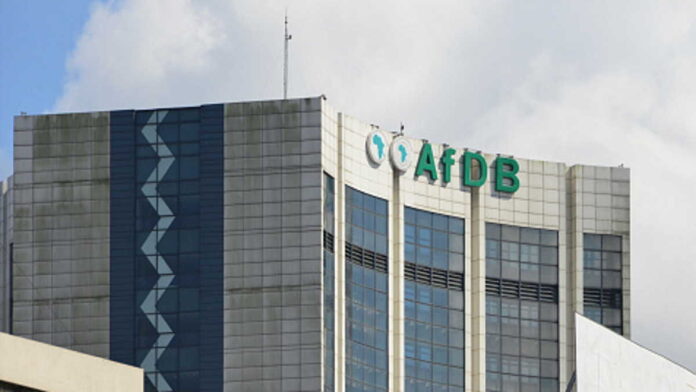The African Development Bank Group has adopted a new five-year country strategy paper for Nigeria. The paper would allocate roughly $650 million annually between 2025 and 2030 to promote economic change, resilience, and widespread prosperity.
The development bank revealed this in a statement posted on its website on Thursday.
It states that $2.95 billion will be given throughout the plan’s first four years, with an additional $3.21 billion coming from development partners in the form of co-finance.
In a new five-year Country Strategy Paper (2025–2030), the Board of Directors of the African Development Bank Group committed around $650 million a year to promote economic transformation, resilience, and widespread prosperity in Nigeria, according to the statement.
The bank will contribute $2.95 billion over the first four years under the new plan, with an additional $3.21 billion coming from development partners in the form of co-finance. Promoting climate-smart, sustainable infrastructure to boost industrial development and competitiveness, as well as furthering gender- and youth-inclusive green growth through industrialization, are the strategy’s two main emphasis areas.
Through investments in clean water systems, electricity expansion, climate-friendly highways, and agribusinesses that generate employment, particularly for women and young people, the strategy seeks to reduce Nigeria’s infrastructure gap, which is predicted to be $2.3 trillion between 2020 and 2043.
“This strategy takes a transformative partnership between the Bank and Nigeria to a new level,” stated Abdul Kamara, Director General of the AfDB Nigeria Office, in response to the new plan. In addition to constructing roads and power systems and revolutionizing agriculture, we are also creating avenues for prosperity for millions of Nigerians by investing in sustainable infrastructure and inclusive agricultural growth.
Remember that according to 2022 data from the National Bureau of Statistics, 133 million Nigerians live in poverty.
The country’s cost of living has increased due to the policies of President Bola Ahmed Tinubu.

